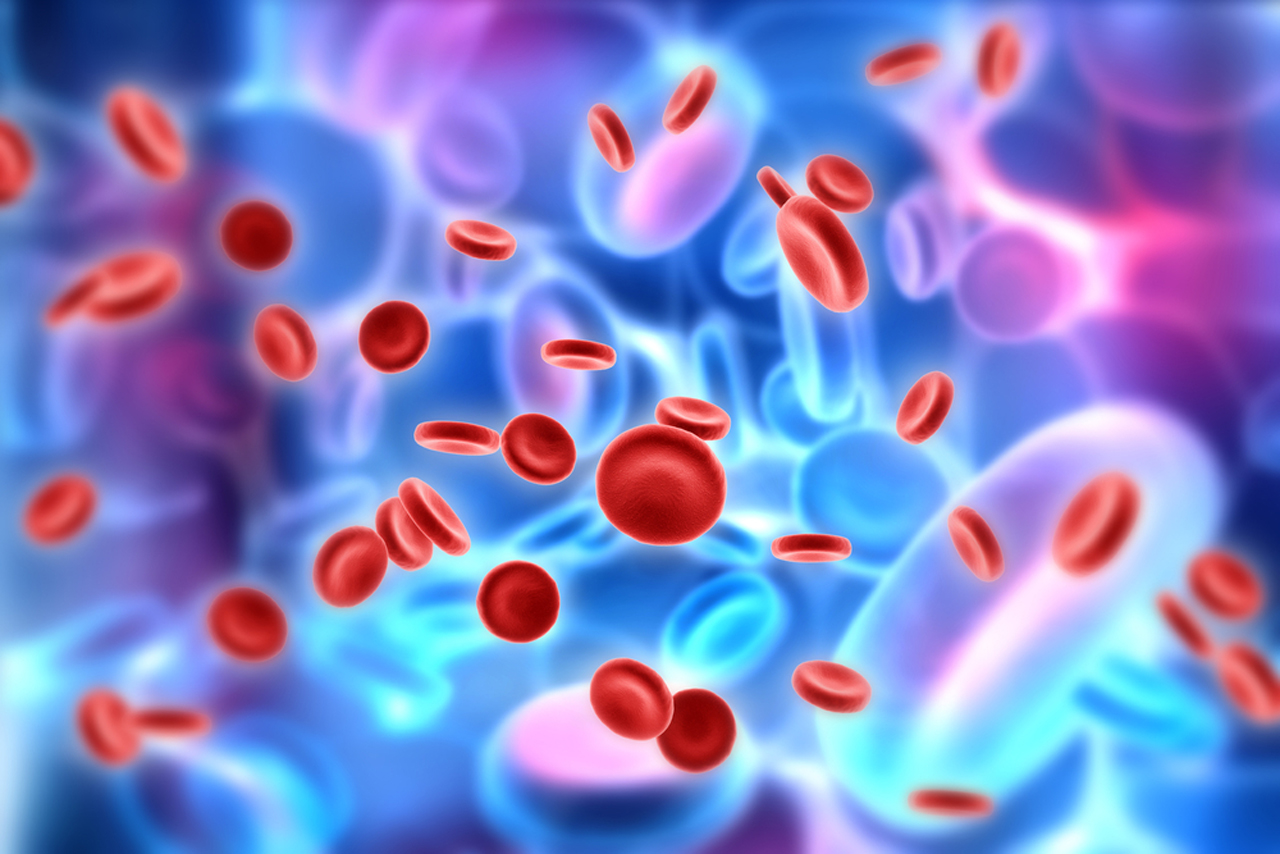Source: University Of Zurich Nov 30, 2018 6 years, 10 months, 2 weeks, 4 days, 13 hours, 36 minutes ago
Stem cell transplantation is effective against leukemia. In many cases, however, the transferred immune cells of the donor also attack the recipients' healthy tissue—often with fatal consequences. Researchers at the University of Zurich have now identified a molecule that plays a key role in this process. Blocking this molecule could significantly improve the outcome of patients receiving stem cell transplants.
Stem cell therapy offers people suffering from leukemia or bone-marrow cancer the chance of full recovery. This requires eliminating the affected cells using chemo or radiation therapy and then replacing them with the blood stem cells from a healthy donor The donor cells produce new blood cells and attack the
other cancer cells in the patient's body, preventing a relapse.
Dangerous response
However, this form of therapy is not without its risks. In 30 percent to 60 percent of cases, the donor cells also attack the recipients' healthy tissue—the liver, intestine and skin, in particular. In about half of affected patients, such graft-versus-host responses even have fatal consequences. This is why
doctors try to suppress this type of response with drugs that inhibit the immune system. But this procedure has a drawback: Since it also diminishes the donor cells' anti-cancer effect on cancer cells in the rest of the body. "There is an urgent need to understand how to reduce graft-versus-host responses without losing the anti-cancer effects of the transferred cells," says Burkhard Becher, professor at the Institute of Experimental Immunology of UZH.
Cytokines responsible for attack
His team, in collaboration with the University Hospital of Zurich and the University Medical Center at the University of Freiburg in Germany, has now demonstrated that the production of a cytokine called GM-CSF is a decisive factor in graft-versus-host pathology. This cytokine, produced by a specific group of white blood cells, helps fight infections in healthy people.
The researchers used a mouse model to show that transplanted cells produce large amounts of GM-CSF during graft-versus-host responses. If the mice were given donor cells that were unable to produce GM-CSF, however, they were protected against the lethal response. "Targeting this cytokine is therefore a very precise and specific form of immunosuppression, designed to stop the tissue damage caused by graft-versus-host responses," says Becher.
The immunologists were initially concerned that neutralizing GM-CSF would also diminish the donor cells’ anti-cancer effect; however, further tests showed that this wasn't the case. "This finding really surprised us," says Sònia Tugues, one of the study's first authors, "since both types of immune response were previously thought to be mediated through the same mechanisms." The researchers thus believe that they have discovered a method that will allow them to separate the desired from the undesired processes in the donor cell.
>
Translating the results from mice to humans
Next, the researchers checked whether GM-CSF plays the same key role in humans as it does for mice. They did this by analyzing patient samples that had been affected by a graft-versus-host response. It emerged that these samples also had elevated levels of the cytokine —the stronger a patient's graft-versus-host response, the higher the amount of CM-CSF measured.
The researchers now want to run a clinical trial to test whether the blocking of GM-CSF can prevent the graft-versus-host response after stem cell transplantation. To this end, the immunologists have already contacted a company that has developed a monoclonal antibody against GM-CSF. "If we can stop the graft-versus-host response while preserving the anti-cancer effect, this procedure can be employed much more successfully and with fewer risks to the patient," says Becher. "This therapeutic strategy holds particular promise for patients with the poorest prognosis and highest risk of fatality.
Reference: S. Tugues el al., "Graft-versus-host disease, but not graft-versus-leukemia immunity, is mediated by GM-CSF–licensed myeloid cells," Science Translational Medicine (2018). stm.sciencemag.org/lookup/doi/ … scitranslmed.aat8410
